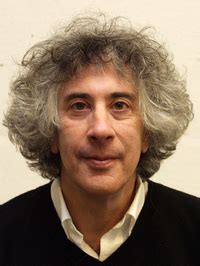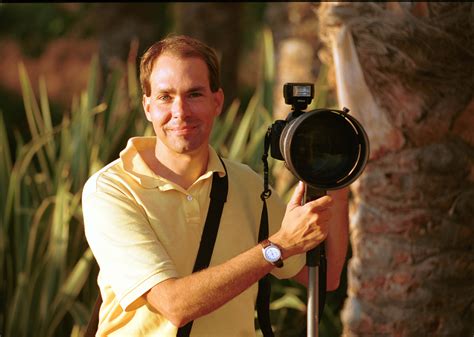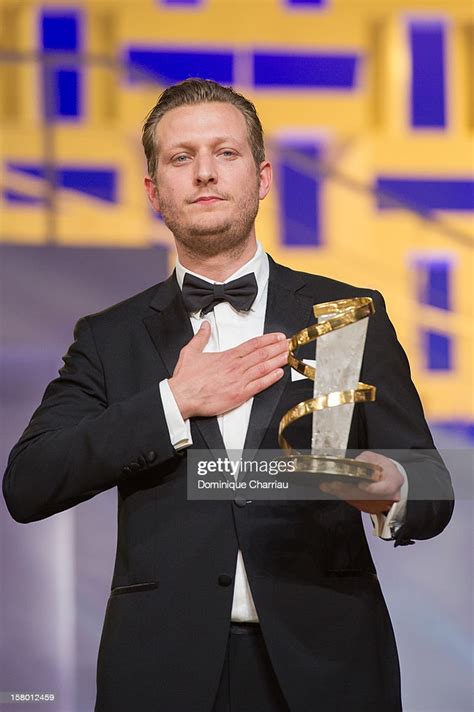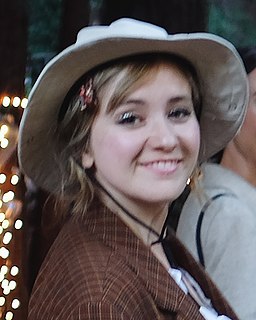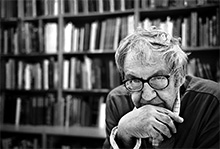A Quote by Xaviera Simmons
Now everyone's main objective of taking photographs is to have a photograph for Twitter or Facebook. I find that troubling. If you have an opportunity to meet the Dalai Lama, don't work out your camera or iPhone issues. Sit and a listen to what the man is saying, because nine times out of 10, you're not going to look at that photo. You're not going to look at the video. As a photographer, I don't carry a camera. I have my iPhone, but I don't carry a camera. I want to live.
Related Quotes
I don't want to carry big things around with me. I'm lazy. The snapshot camera, you just carry it around and take the picture. You don't need to think about anything. People in the street are not going to wait for you with a big camera. They would freak out. With a snapshot camera, they are comfortable.
Look, I really do not care about you. What I care about is the worlds that you bear witness to. You are nothing more than a dog with a video camera strapped on its back. As you walk the streets looking for a place to mate or piss or eat, the camera is on and we will see the world because of you... You carry the camera and we enjoy the world. (On images as autobiography)
Once a photographer is convinced that the camera can lie and that, strictly speaking, the vast majority of photographs are camera lies, inasmuch as they tell only part of a story or tell it in distorted form, half the battle is won. Once he has conceded that photography is not a naturalistic medium of rendition and that striving for naturalism in a photograph is futile, he can turn his attention to using a camera to make more effective pictures.
I never had any intention nor interest in being an artist, but when I made work I realized that this was my language. What I had to say needed to be said in this way. I always loved taking photographs - but never considered myself a photographer. I have tremendous respect for photographers. I do use a camera and a photo as a basis for a lot of my work, but I use it as a means to attain an image to work from. The actual photography in my work is a monochromatic photograph. I'll photograph something and extract a color that will then be the background for a painting.
A huge part of what we do as actors is learning to ignore the camera, as if it's not even there, while simultaneously being very aware of the camera and what it's capturing, because you can give the best performance of your life, but if you do it with the back of your head facing the camera, it's going to get cut from the movie.


